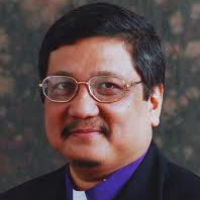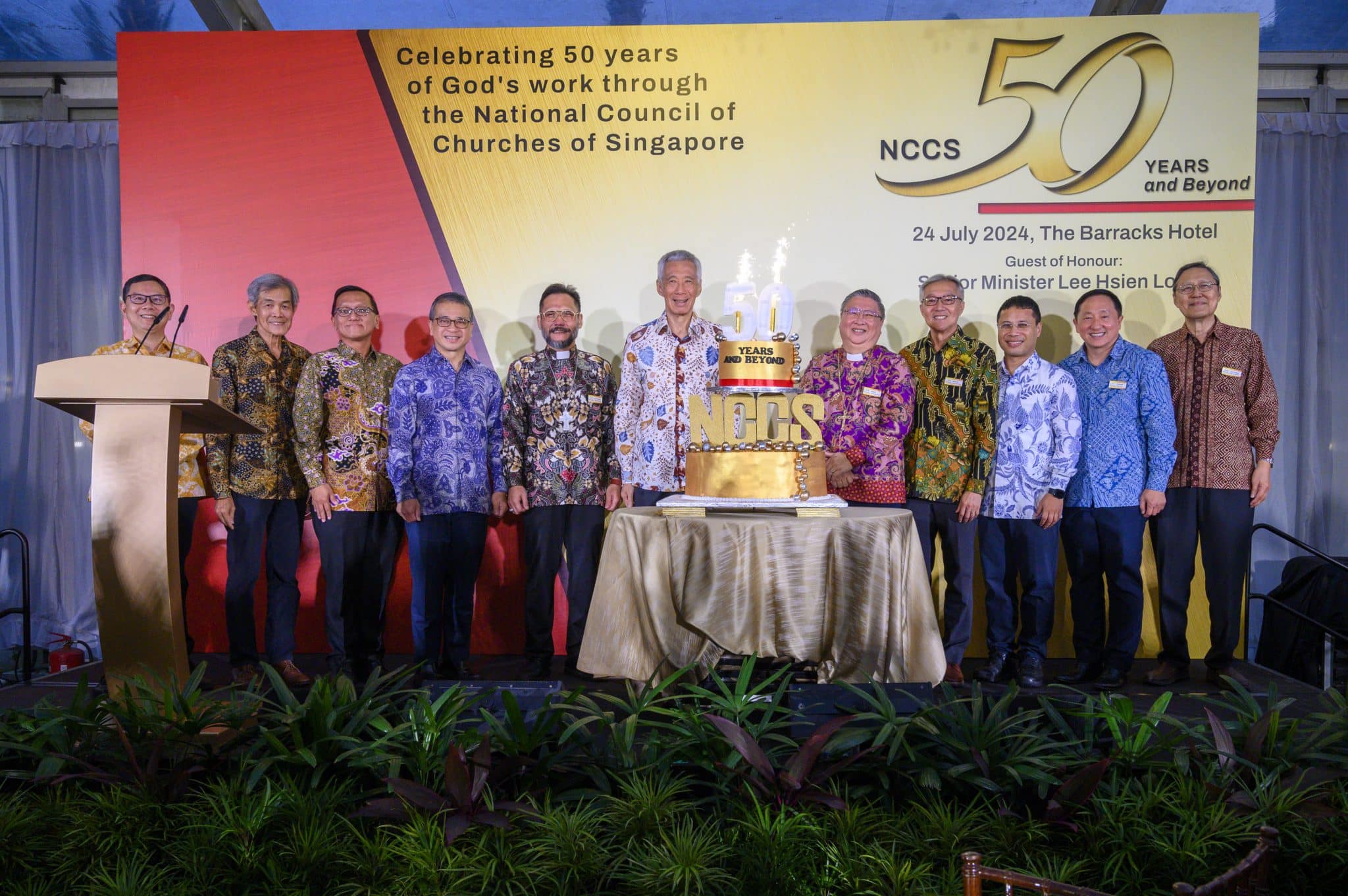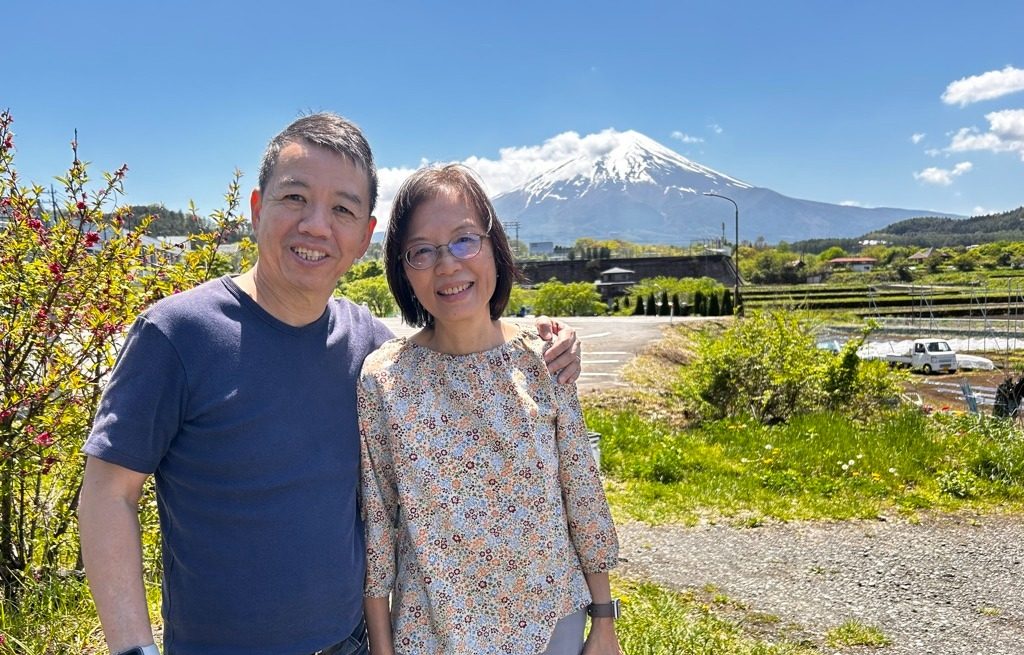The power of one heart, one voice
Bishop Emeritus Robert M Solomon // June 17, 2018, 6:00 am
Photo by rawpixel on Unsplash.
In a Peanuts cartoon, Lucy walked in on Linus watching TV, and demanded that he switch channels.
“What makes you think you can walk right in here and take over?” Linus retorted.
Said Lucy, holding up her fist: “These five fingers … Individually, they’re nothing, but when I curl them together like this into a single unit, they form a weapon that is terrible to behold!”
“Which channel do you want?” Linus surrendered. Turning away, he looked at his fingers and sighed: “Why can’t you guys get organised like that?”
The Church is no stranger to the power of unity – though it has a markedly different motivation and purpose.
Jesus prayed for the Church before offering Himself on the Cross (John 17). What was in His heart? Towards the end of His High Priestly Prayer, Jesus prayed that the Church would be united in its mission. We need to notice His words:
- “That all of them may be one, Father” (John 17:21, NIV)
- “That they may be one as we are one” (John 17:22, NIV)
- “That they may be brought to complete unity. Then the world will know that you sent me” (John 17:23)
The kind of unity that Jesus wanted in the Church is a supernatural one, not a brittle unity tinkered together by political convenience or manufactured by managerial genius.
When the Lord thinks of our unity, it is a complete unity that has the Trinity as its standard and source.
The Lord has high standards for us when He thinks of our unity. It is a “complete” unity that has the Trinity as its standard and source. We are to be one as the Three Persons in the Trinity are one. And this can happen only as we are immersed in the life of the triune God – “I in them and you in me” (John 17:23).
Such spirituality is the work of God who brings us to the unity of the Spirit. This unity is essential because the evangelisation of the world depends on it.
Worldly concepts of unity are often used for the flexing of organisational muscle, or for self-glorification of the united group.
However, the unity of the Church is for a more lofty purpose – our participation in the mission of God.
As we turn to God in humility, repentance and faith, He blesses us with His love (Romans 5:8), making us one by the power of the Cross (Ephesians 2:14-16), so that we develop one heart and voice in our witness to the world (Romans 15:5-6).
It is this united witness that will convince the world that Jesus is Lord and Saviour.
Let us prayerfully seek this unity so that God may be glorified and the world may receive the liberating and transforming Gospel of Christ.
This article was published in Methodist Message, and is republished with permission.
Reflection and Discussion
1. Which do you think has more power and longevity – functional unity or relational unity? Why?
2. Read and reflect on John 17:20-23. Why do you think there is a need to emphasise completeness? What does it mean to have the Trinity as the “standard and source” of unity?
3. What is one thing you can do differently in order to prioritise complete unity in your family, cell group and work place?
We are an independent, non-profit organisation that relies on the generosity of our readers, such as yourself, to continue serving the kingdom. Every dollar donated goes directly back into our editorial coverage.
Would you consider partnering with us in our kingdom work by supporting us financially, either as a one-off donation, or a recurring pledge?
Support Salt&Light




